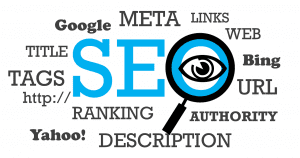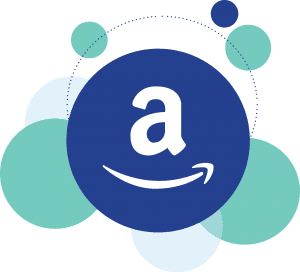3 Steps To Develop Your Marketing Strategy

- Gain more visibility
- See more sales
- Improve your revenue
Figuring out how to develop your marketing strategy can be complicated, however. There are quite a few steps involved, some of which can be easy to overlook. By focusing on a few particular areas, you can make sure your marketing strategy is as comprehensive as possible.
How To Develop Your Marketing Strategy: 3 Vital Steps
1. Do Your Research
Research is a significant part of developing your marketing strategy. Researching your market is the most obvious way of doing this, although that’s far from the only thing you’ll need to focus on. The likes of keyword research for search engine optimization is also vital.
The more information you have at-hand when developing your marketing strategy, the more comprehensive and in-depth it’ll be. It should also make sure you can achieve the results you want while targeting the right audience.
Knowing your audience is an integral part of this. While this could be the most time-intensive part of the process, it’ll make your marketing strategy more successful. You’ll see better results because of it.
2. State Your Goals
You’ll need to have business goals for your company to succeed. You’ll also need to have marketing goals that feed into this. By knowing what your goals are, you can develop a marketing strategy that’s likely to achieve them. It also keeps you and your employees on track and on the same page.
They’re also a way to measure the success of your campaign once it’s finished. You should be realistic when you’re setting these goals. That involves focusing on goals that are achievable and have a direct impact on your company.
Taking a SMART approach with your goal setting is recommended, as it ensures your goals are actionable, results-based, show you how to improve, and can be measured.
3. Use The 7 P’s
Using the seven P’s of marketing can be one of the more effective ways of developing your marketing strategy. The seven P’s of marketing are:
- Product
- Price
- Promotion
Place - People
- Process
- Physical Evidence
You should use these as a guide for your marketing strategy and make sure it includes each of the P’s. By doing so, it’ll get your products in front of potential customers in the right way. Having the right combination of these – and highlighting them in the right way – you can make sure your marketing strategy is as comprehensive as possible.
How To Develop Your Marketing Strategy: Wrapping Up
Once you know how to develop your marketing strategy, you shouldn’t have a problem creating a comprehensive guide for your advertising. With that, you shouldn’t have a problem generating visibility and attention among your target market.
In time, that’ll lead to more customers and revenues. While you’ll still need to put the work into adapting your strategy to your specific target demographic, it’ll be easier than you think once you’ve done the above steps.




